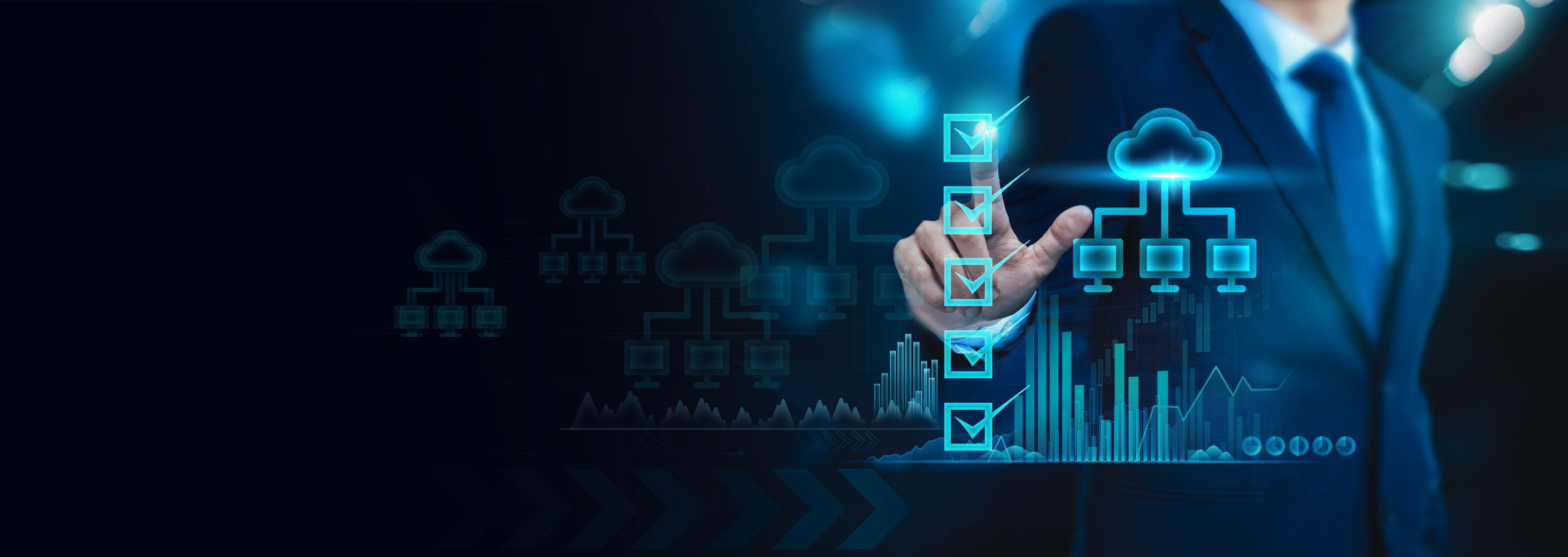Enterprise Resource Planning (ERP) software is the key to the process-centric chemical industry. An ERP system can help the industry manage its various processes efficiently. Many chemical companies, especially the small and medium-sized, face challenges while migrating to a new ERP system. Here are a few tips to the chemical industry for successful ERP migration and optimal utilization.
ERP systems play an important role in the chemical industry. The rise in the use of ERP software in the chemical industry can be attributed to several factors, including an increase in complexity of products, advancements in technology, and COVID-19 challenges. Digitalization is disrupting the industry rapidly and chemical manufacturers are adopting ERP software or migrating to new ERP systems to optimize their manufacturing operations and increase profitability.
The ERP migration process can be overwhelming especially for small and medium companies in the chemical sector. ERP migration requires specialized skills and detailed planning and it becomes challenging when you don’t have in-house experience and expertise to guide it.
Why Does Your Company Need ERP Migration?
There are many reasons for chemical companies to migrate from their ERP system, such as dissatisfaction with the existing software, need for new features and functionalities or a revamping in the entire IT environment. Here are major signs that will help you determine if you need to migrate to a new ERP software.
- Business Needs: Your business needs evolve with time. Is your ERP software able to cater to those needs? Does it have the features to support your new business requirements?
- Business Inefficiency: Are you experiencing downtime and loss of business due to existing processes? Is your current ERP able to automate and streamline existing processes? Are your employees spending too much time managing the ERP?
- Scalability: Is your ERP able to support your company’s growth? Can it support your future growth plans?
- Customer/Partner Needs: Your customers and partners are also key stakeholders of your ERP system. Is your ERP system able to meet their needs? Is it helping them do their tasks efficiently?
- Mobile Access: Is your current ERP providing access to the ERP system and data on your employee’s mobile phones? Is it helping them work on the road?
- Real-Time Data & Insights: Is your ERP system able to provide you with real-time data and extract insights to make data-driven decisions? Does it support building dashboards for getting a complete view of your processes?
- Integration Challenges: Can your current ERP software connect with all your third-party software and apps?
- Costs: Are you spending a higher amount on your ERP licensing costs, maintenance and resources?
- Regulations: Have there been any changes in the regulations in your country? Do you think your ERP system can help you comply with the new regulations?
We, at Gemini Consulting & Services, help businesses in ERP migration. Over the years, many private and public enterprises have trusted us with their ERP migration projects. To know how we can help you in migrating to an ERP system click here.
Success Tips for ERP Migration
- Prepare Your Business for ERP Migration: An ERP system is at the core of your business process and has a major impact on your operations. So, you need to prepare your people and processes for ERP migration. Start with a plan detailing the project scope, implementation strategy and closure. Understand the risks and prepare a risk mitigation strategy.
- ERP Migration Goals: Understand the role of your current ERP and identify the functions you want to have in your new ERP. Also, list out the goals you want to achieve with the new system. Please keep in mind that you may get new requirement requests or identify new goals in the middle of the process. So, keep some elbow room for it.
- Build a Special Team: ERP migration would require specialized skills and expertise. You would also need cross-functional assistance as the ERP connects various departments like sales, inventory, finance and customer service etc. Build a team and create a communication protocol to ensure smooth collaboration.
- Set Timelines and Review Progress: Build a review team outside the implementation team to monitor and review the implementation plan. Schedule review meetings periodically to take stock of progress, discuss challenges and solutions.
- Take Care of Your Data- Data existing in your current ERP is the most asset. You need to build a strategy for migrating data from your existing system to the new system. ERP migration also gives you a chance to audit your current data, improve its quality and integrity to organize it as per your new requirements. Build a strategy for data migration.
Checklist to Follow While Moving to the New ERP System
- Define clear goals of migration
- Build a strategy for data migration
- Identify key performance indicators
- Setting up a competent team for the project
- Review the migration implementation process
- Conduct training for the employees and other users
- Test and fix issues
ERP migration process is an important transformation for your business and the key to success is preparation, planning and methodical implementation. If you lack skills and expertise internally within your company then it is recommended to choose an external ERP migration service provider to help you with the process.



